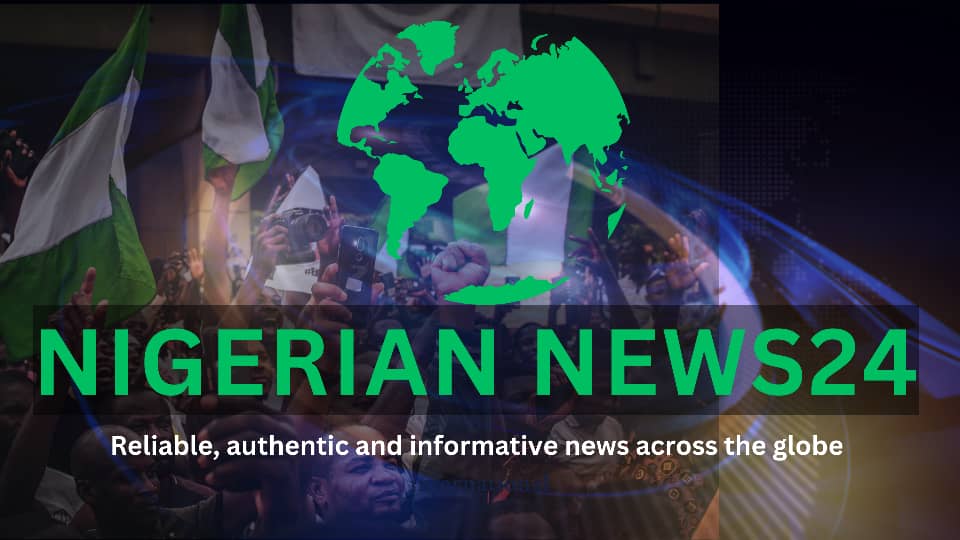Mali, Burkina Faso, and Niger, three West African countries, have introduced a new 0.5% levy on imported goods. This move is aimed at funding their new three-state union, which seeks to strengthen economic and military ties between the countries.
The levy, which was agreed upon on Friday, will take effect immediately and will apply to all goods imported from outside the three countries. However, humanitarian aid will be exempt from the levy. This exemption is likely intended to ensure that essential aid and relief supplies can still reach those in need without being hindered by the new tax.
The introduction of this levy marks a significant shift away from the Economic Community of West African States (ECOWAS), a larger regional economic bloc that has historically promoted free trade and economic integration among its member states. The decision by Mali, Burkina Faso, and Niger to leave ECOWAS and form their own union reflects a desire for greater autonomy and self-determination in their economic and security policies.

The three countries have been facing significant security challenges in recent years, including an armed Islamist insurgency that has killed thousands and displaced millions. The juntas that rule the countries have accused ECOWAS of failing to provide adequate support in their fight against the insurgency, leading to a rift between the three countries and the rest of the regional bloc.
The new levy is likely intended to help fund the three countries’ security efforts, as well as other joint initiatives and projects. However, it may also have implications for trade and economic relations between the three countries and their neighbors. As the situation continues to evolve, it will be important to monitor the impact of this new development on regional economic dynamics.
By Eghosa-osawe Jr.




